"Clinically Dead"
Assistant Professor at the Faculty of Political Sciences in Belgrade, Stefan Surlić, stated for RTS that Euroscepticism is on the rise in Serbia.
Wednesday, 30.08.2023.
21:17
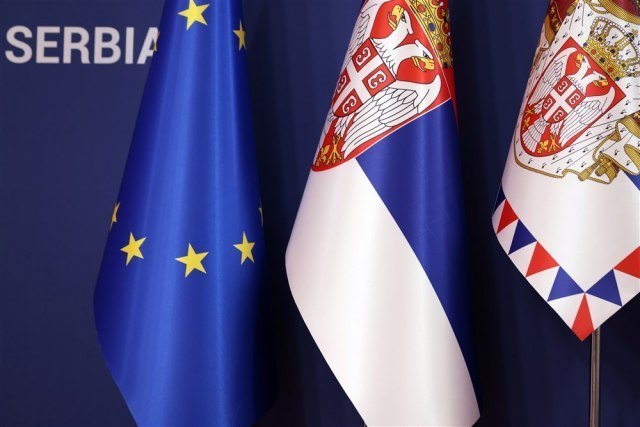
"Clinically Dead"
He says that the year 2030 can be both realistic and ambitious, as emphasized by Charles Michel. Surlić also mentions that Michel's statement surprised him because there is a great responsibility when dealing with dates."Of course, politicians, especially those at the top in Brussels, have avoided announcing something like this, knowing the methodology that full membership, alongside all those criteria, requires the unanimous agreement of all member states. For that reason, we had certain years - even Juncker once stated that if Serbia and Montenegro meet all the criteria, a realistic date would be 2025," Surlić pointed out.
According to him, that currently seems like an entirely unworkable scenario. Surlić says that the year 2030 can be both realistic and ambitious, as emphasized by Charles Michel.
"I would even add most optimistic because experts dealing with the EU accession process state that according to the current methodology, it takes a minimum of five to seven years to complete the entire complex process," he said.
Immediately after Michel's statement, the European Commission also issued a response, seemingly distancing themselves from his assessments, stating that they hadn't had prior consultations about that timeline.
"I think it's very important that we still discuss a certain year, as it serves as an orientation, providing predictability to the process, but of course, we should take that year with caution. For several reasons. First, those who talk about that year today will likely not hold any political office by then. Let's remember Angela Merkel, who was thought to bring the Western Balkan countries into the EU by the end of her political career. She's already in significant political retirement, and the Western Balkans are far from the EU," Surlić noted.
So, the previous messages from Juncker, now Michel, need to be taken with caution, as they likely won't be the ones responsible for the full membership of Western Balkan countries in the EU, Surlić emphasizes.
He says that not only in Serbia but also in other Western Balkan countries, there's a growing Euroscepticism. Citizens don't believe their countries will ever become EU members and think that there are hidden conditions that cannot be fulfilled, Surlić points out.
However, he highlights that now the key is that the enlargement policy is being placed in a geopolitical context. "The European Union, or at least all its representatives, agree that they don't want to import problems and that Belgrade and Pristina must agree and achieve full normalization of relations before any talk about membership," Surlić emphasizes.
According to him, the war in Ukraine completely changed the political landscape and atmosphere.
"Now, like the '90s and early 2000s, some formal criteria might be overlooked, and in return, a clearer perspective of Western Balkans' membership could be offered. This is no longer just the interest of the Western Balkan countries; it's also the interest of EU member states to have a more secure European continent," Surlić underscores.
"We see a constant change in methodology, but here for Serbia, political conditions are much more important, primarily concerning the normalization of relations with Pristina and alignment with EU foreign policy. Specifically, I mean the sanctions against Russia. Now, Serbia's position is neutral. It condemned the aggression in Ukraine but didn't impose sanctions on Russia. But if we're truly talking about future EU membership, all countries, including Serbia, will need to align with foreign policy," Surlić said.
Whether these sanctions will still be in effect at the time of accession is an open question, but undoubtedly, we will continue to have an open problem in terms of the final agreement on normalization of relations between Belgrade and Pristina, and without that, we can't discuss any perspective of Serbia's full EU membership, Surlić emphasizes.
The continuation of dialogue was discussed on the sidelines of the strategic summit in Bled. The mediator in the dialogue, Miroslav Lajčak, met with Albin Kurti, and today he arrives in Belgrade.
"At this moment, the dialogue is clinically dead, and Lajčak, as a mediator, is trying for who-knows-how-many times to revive the dialogue with a new round of negotiations or a meeting at the highest level in Brussels to move things forward from a standstill," Surlić states.


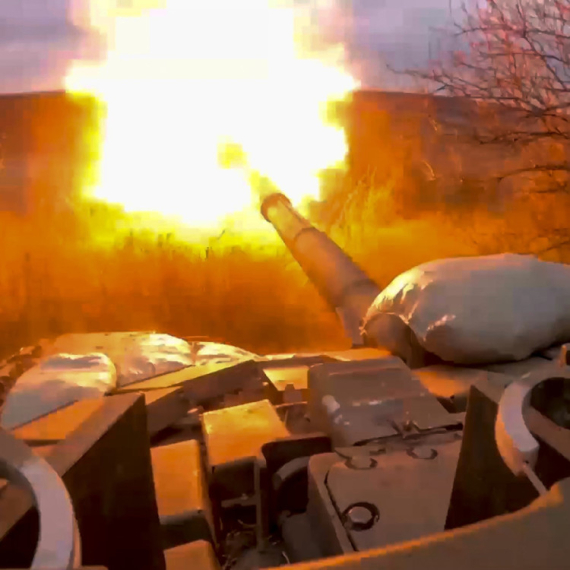
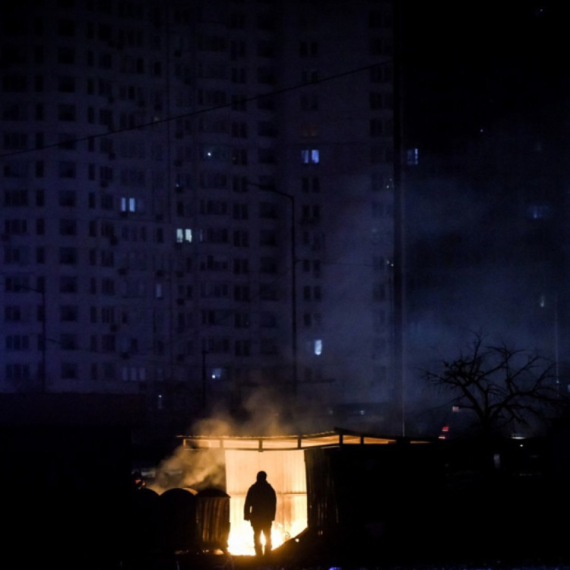
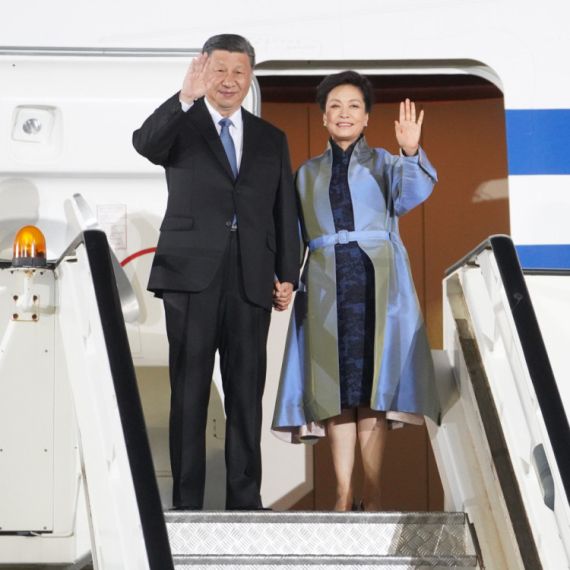
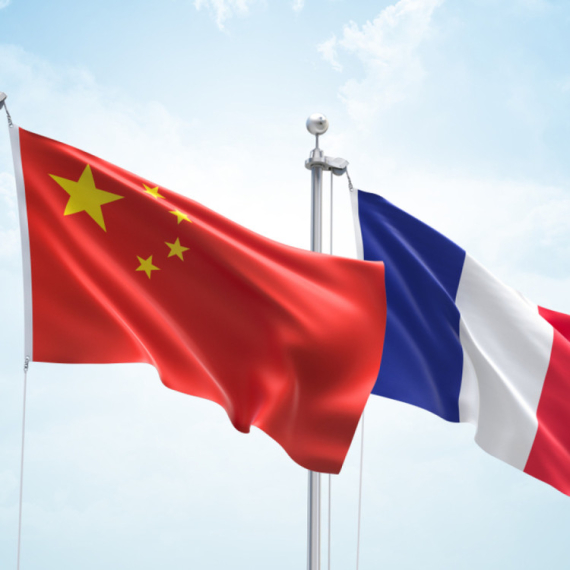




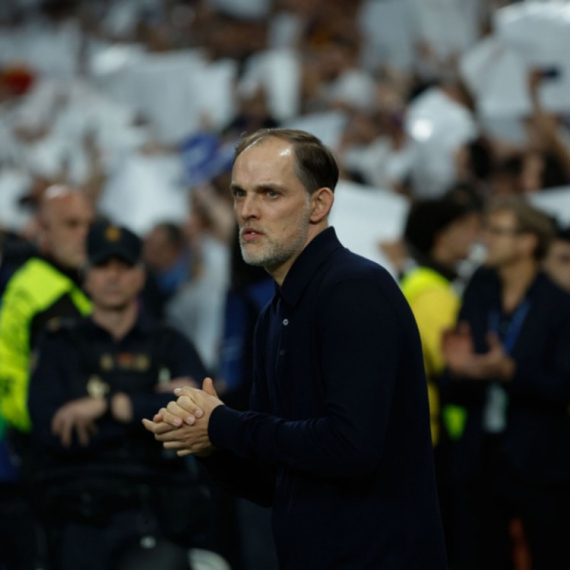




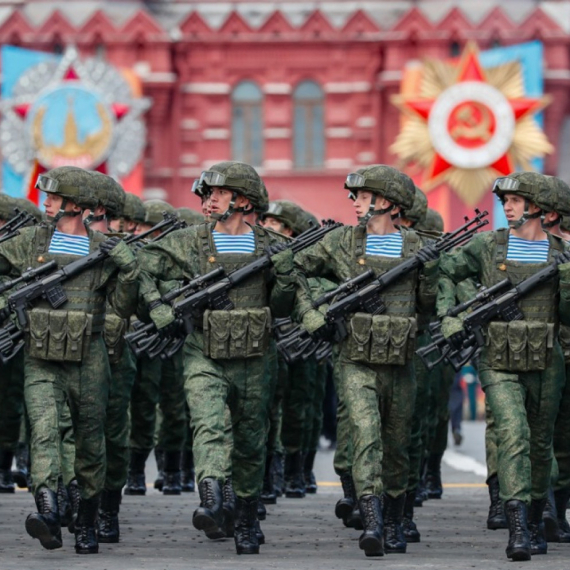
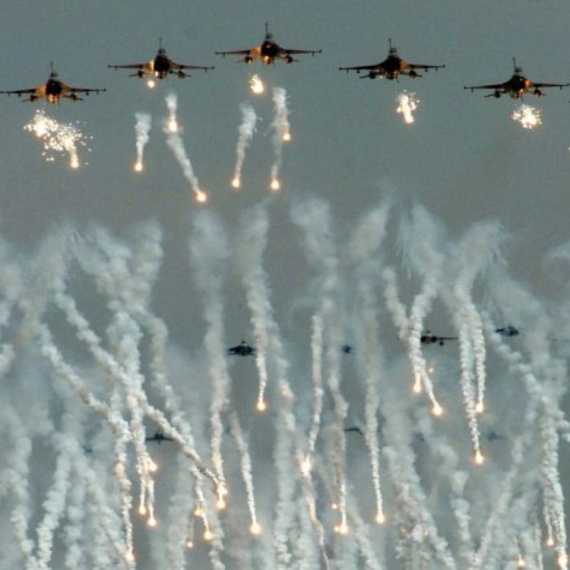

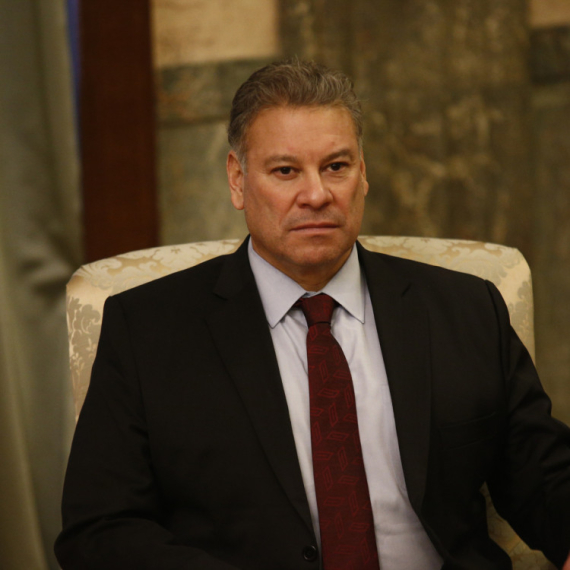
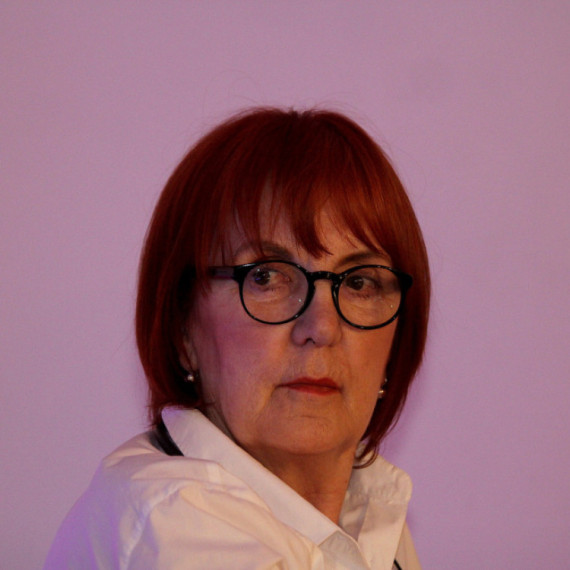






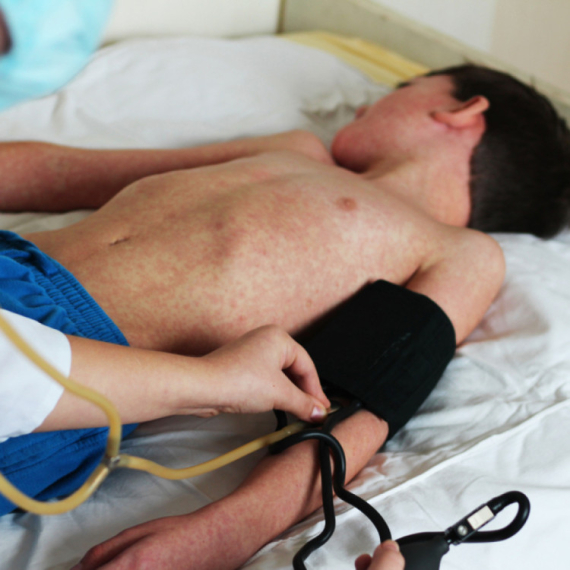




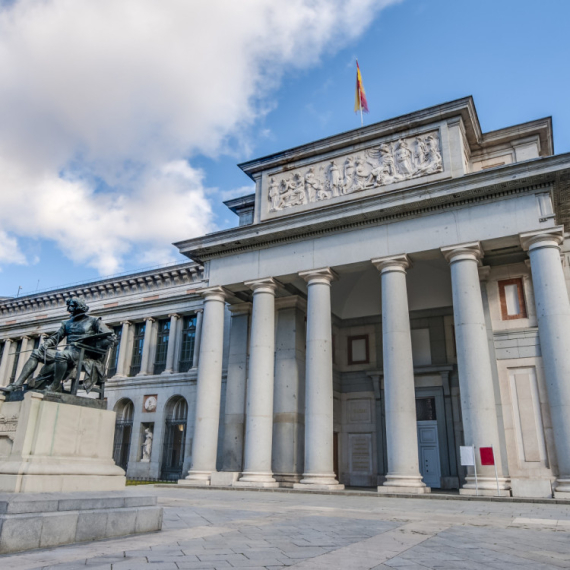

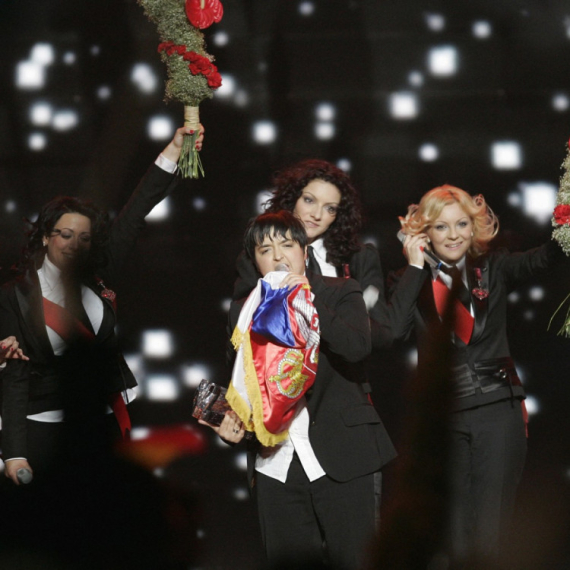
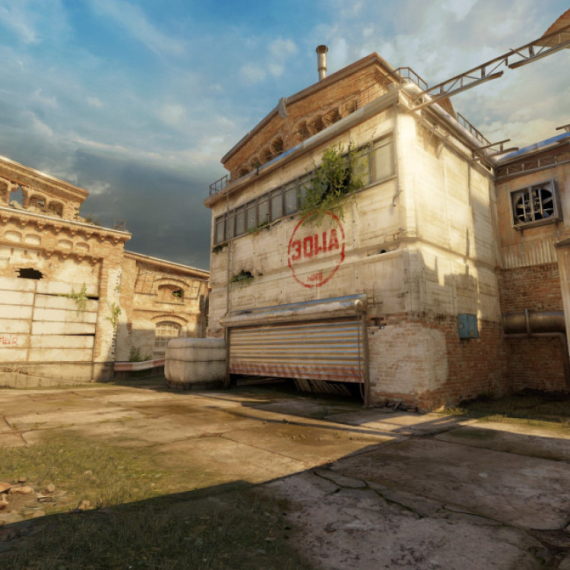




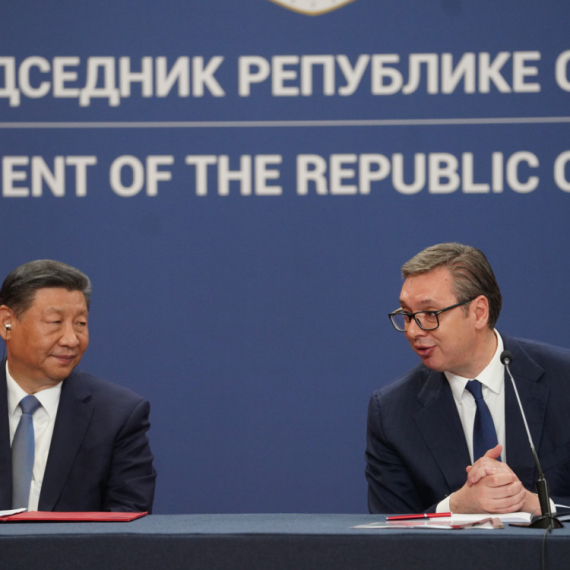
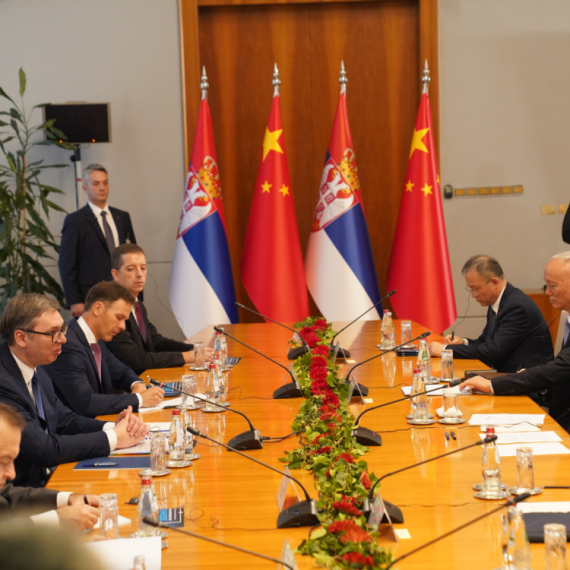
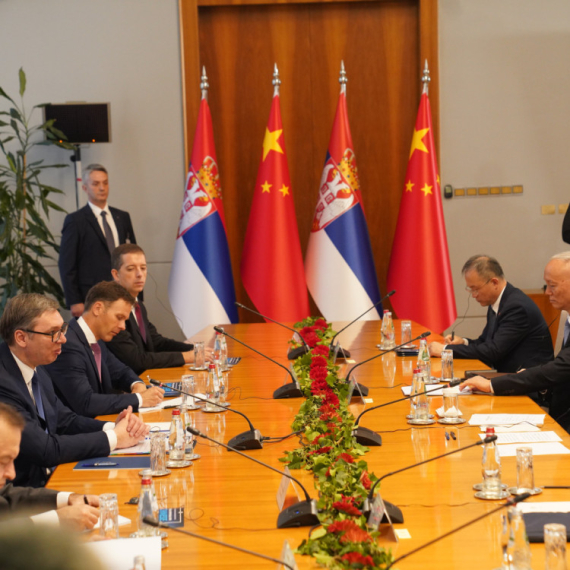
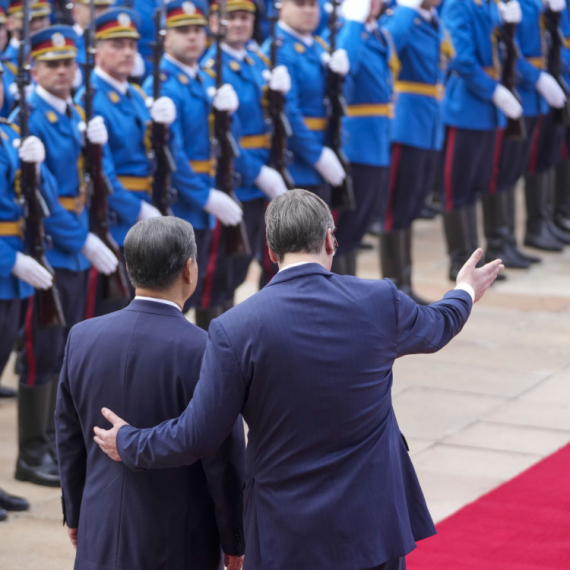



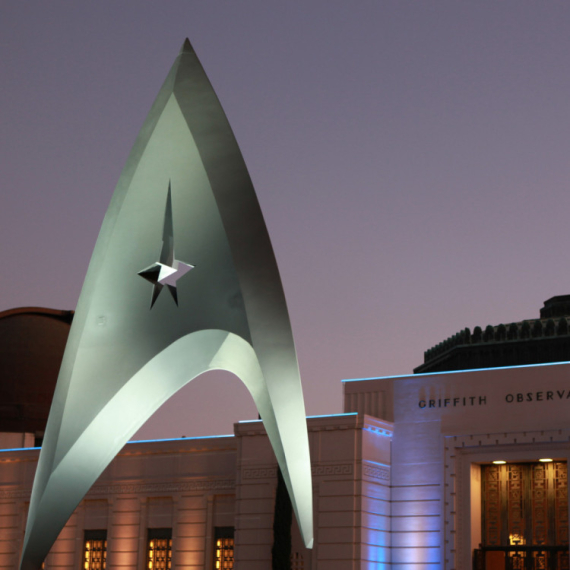






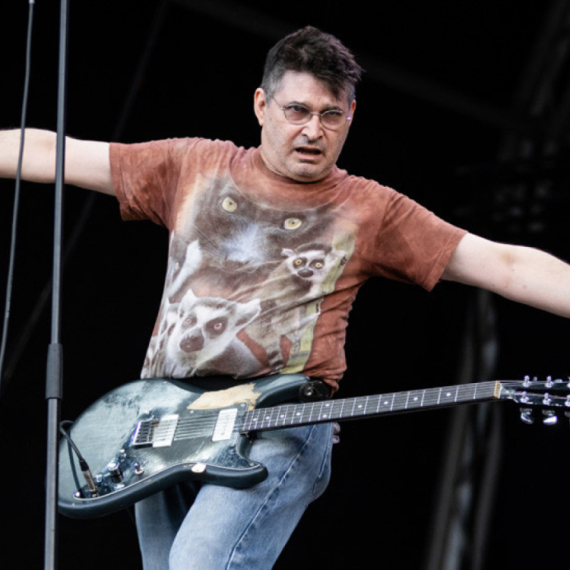
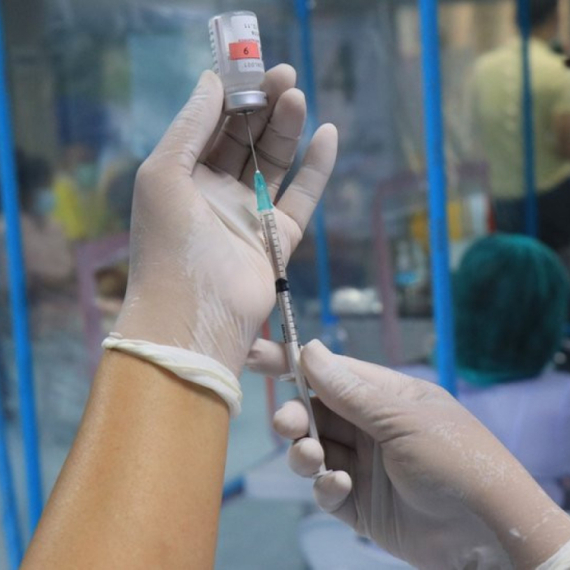

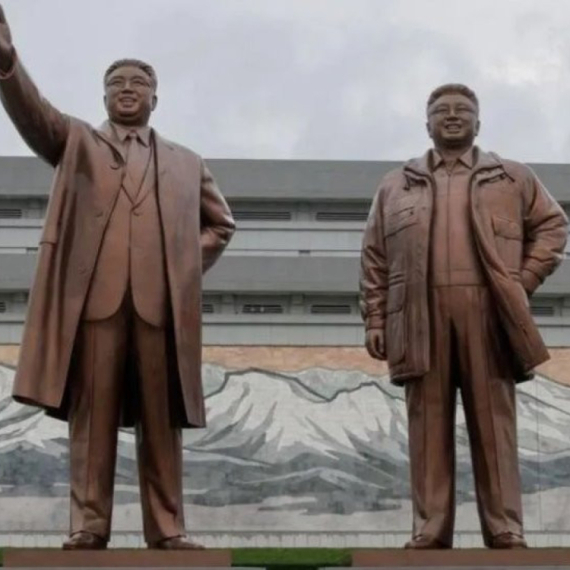
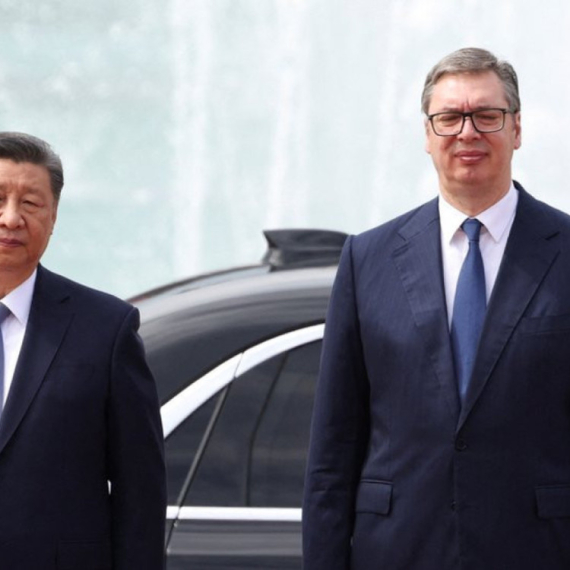

Komentari 1
Pogledaj komentare